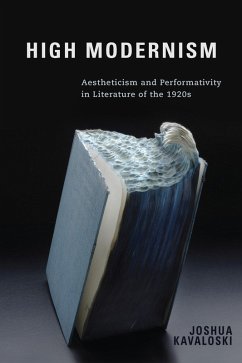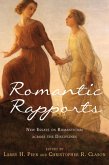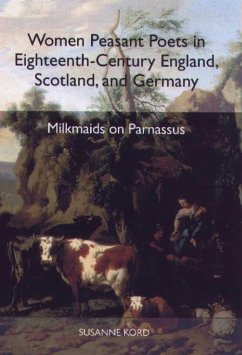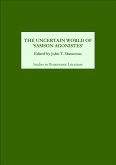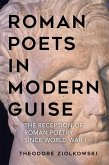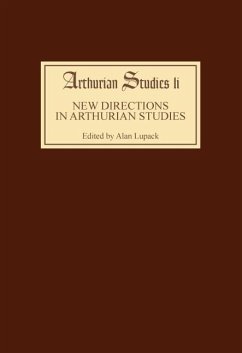Explores the performative role of canonical literary works from the 1920s, providing a more nuanced understanding of high modernism and resituating it within literary history.
High modernism is accepted shorthand for the core phase of literary modernism in the 1920s, when Eliot, Joyce, Pound, Woolf, Mann, Kafka, Proust, Gide, and others published pivotal works. While there is consensus about the term's meaning, the value and significance of the works it designates are highly contested. For advocates who helped establish its place in the canon, the works of high modernism mark the culmination of literature as high art, while other critics see them as elitist, inaccessible, patriarchal, imperialist, reactionary. Despite this wide range of judgments, all take for granted that high modernism's main features are aestheticist: formal innovation and detachment from history, society, and politics.
This book reconsiders that supposition, arguing that high modernist texts epitomize performativity, that is, that they transcend the quiescence of literary aesthetics and affect the extratextual world. Writers such as Kafka, Woolf, Mann, and Faulkner privilege form not as an end in itself but as a means to empower the sociopolitical function of literature. By exploring the performative role of literary works fromthe 1920s, this book provides a more nuanced understanding of high modernism and resituates it within literary history.
Joshua Kavaloski is Associate Professor and Director of the German Studies Program at Drew University.
High modernism is accepted shorthand for the core phase of literary modernism in the 1920s, when Eliot, Joyce, Pound, Woolf, Mann, Kafka, Proust, Gide, and others published pivotal works. While there is consensus about the term's meaning, the value and significance of the works it designates are highly contested. For advocates who helped establish its place in the canon, the works of high modernism mark the culmination of literature as high art, while other critics see them as elitist, inaccessible, patriarchal, imperialist, reactionary. Despite this wide range of judgments, all take for granted that high modernism's main features are aestheticist: formal innovation and detachment from history, society, and politics.
This book reconsiders that supposition, arguing that high modernist texts epitomize performativity, that is, that they transcend the quiescence of literary aesthetics and affect the extratextual world. Writers such as Kafka, Woolf, Mann, and Faulkner privilege form not as an end in itself but as a means to empower the sociopolitical function of literature. By exploring the performative role of literary works fromthe 1920s, this book provides a more nuanced understanding of high modernism and resituates it within literary history.
Joshua Kavaloski is Associate Professor and Director of the German Studies Program at Drew University.
Dieser Download kann aus rechtlichen Gründen nur mit Rechnungsadresse in A, D ausgeliefert werden.

